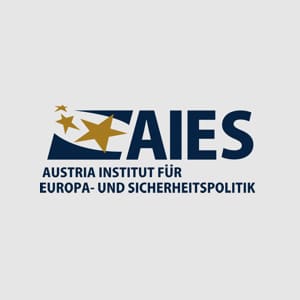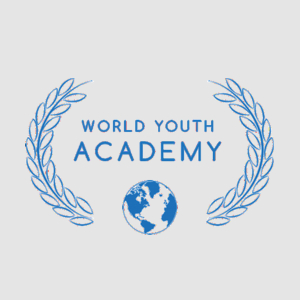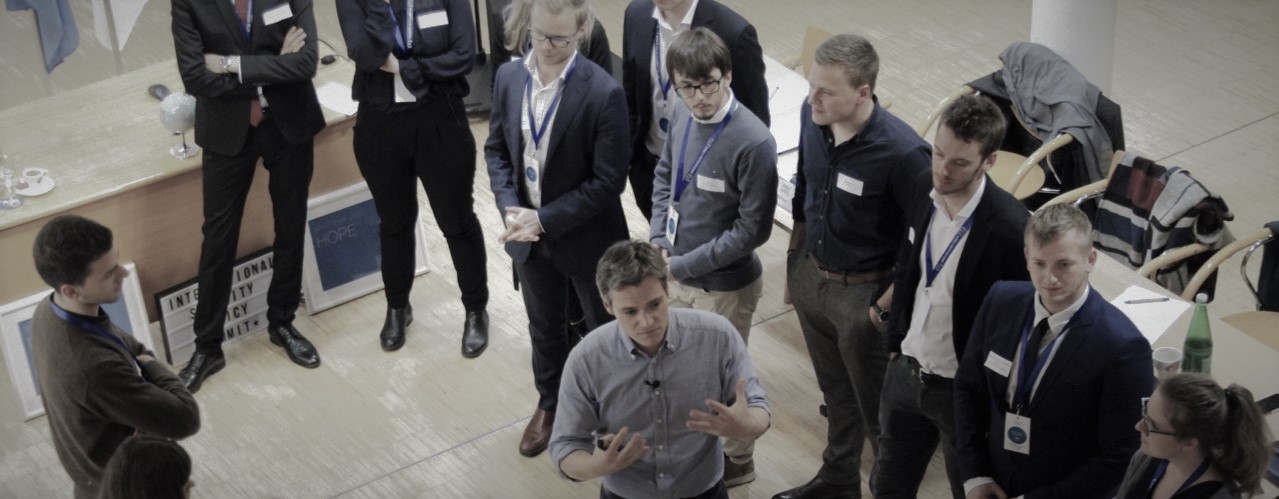
THE STRATEGY FACTORY
The Strategy Factory provides tools for future-oriented monitoring of relevant developments in the relevant areas and develops skills in strategic advice and thinking by using techniques such as an overview of trends and related socio-political and economic options.
It equips young talents interested in policy making with the necessary skills to translate research into policy. It enables them to make a real difference and kick-start their careers in strategic and operational political sectors. Collaboratively it enhances knowledge of how to create meaningful policy recommendations on the strategic level and apply a operational toolkit on the ground.


The Strategy Factory is comprehensive, knowledge based and action-oriented.
It is hands-on policy making.
Making a full circle
POLICY-MAKING INSTRUMENTS
The aim of the Strategy Factory is to train junior professionals in policy-making and strategic thinking. In doing so, it makes a full circle: while encompassing strategic and operational aspects it offers junior professionals skill sets, instruments and an insight into conventions relevant to policy making. Together with experienced experts, state-of-the-art research is being translated into case study policy recommendations.
GEOSTRATEGIC FOCUS
By focusing on the wider aspects of international politics, the workshop dwelves into the realm of security, foreign and development policy as well as taking into account humanitarian aspects and a perspectives from international crisis and conflict management.
Selected case studies of today’s pressing challenges are being tackled with creative ideas, experienced insights and methodical approaches.
In collaboration with
Stay tuned for updates on
The Strategy Factory's

A Needed Regional solution for Peace and Stability in the Southern Africa Region
Violent extremist ideologies and terrorism have become a serious concern for the progress of the Southern Africa region as far as regional economic integration efforts are concerned.
Veranstaltungsreihe Demokratie unter Druck
Die aktuellen Herausforderungen zwingen uns aber Begrifflichkeiten und Denkweisen auseinander zu dividieren, um daraufhin die wichtige Frage zu stellen: Was bedroht Demokratie? Was bedeutet liberal und was angemessen? Viele antidemokratische Entwicklungen unterscheiden sich anhand ihrer Hintergründe und Strategien, aber sie alle eint, ist, dass sie genau das darstellen, was wir nicht wollen. Rückschließend können wir behaupten, dass es an einem Grundkonsens daran mangelt, was wir unter bester Praxis für ein demokratisches Zusammenleben verstehen. In Anbetracht der Herausforderungen müssen wir also
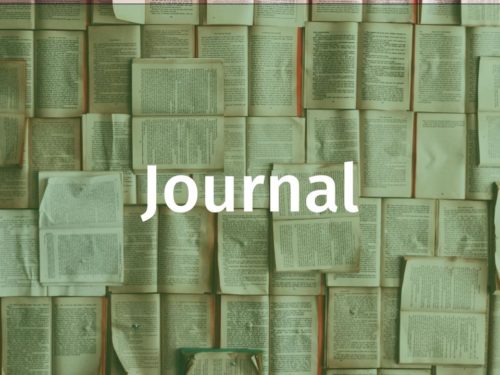
EU Policy in the South Caucasus
The recent conflict between Armenia and Azerbaijan over the breakaway territory of Nagorno-Karabakh will have serious consequences for the South Caucasus and for the European Union (EU). The victory of Azerbaijan and the subsequent redrawing of regional borders marks an end to Armenian control in Nagorno-Karabakh.
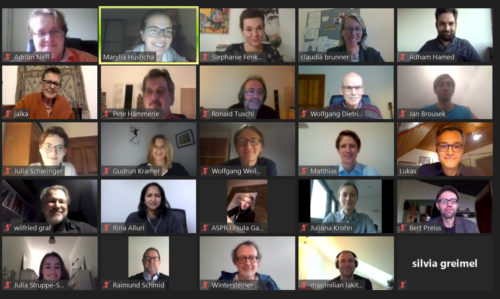
Online Treffen des Netzwerks der österr. Friedens- & Konfliktforschung
Am Freitag, den 27. November 2020, hat sich das Netzwerk Friedens- und Konfliktforschung Österreich (NeFKÖ) zum jährlichen Austausch getroffen. Im Mittelpunkt stand die Begegnung, der inhaltliche Austausch sowie das Netzwerken – dieses Jahr aufgrund der aktuellen Gesundheitsorganisation digital. Wir freuen uns auf gute Kooperation und auf das nächste, hoffentlich persönliche Treffen 2021 in Wien am IIP. NeFKÖ hat sich seit 2016 als vielstimmiger Zusammenschluss von Personen entwickelt, die in Österreich in der Friedens- und Konfliktforschung sowie in der Friedens –
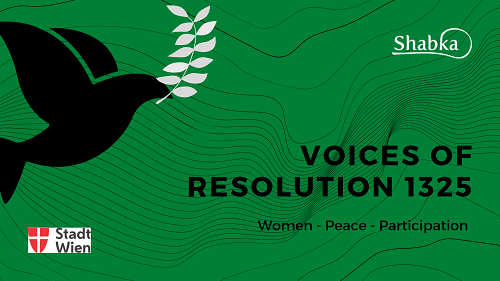
Voices of Resolution 1325: Women – Peace – Participation
20 years ago, on 31 October 2000, Resolution 1325 was adopted by the UN Security Council under the slogan of ‘Women – Peace – Security’. In the Resolution, the Security Council acknowledges the disproportionate impact that conflict has on women and stresses the crucial role women play at all levels of conflict resolution and prevention. At the same time it urges all Member States to integrate the idea of gender equality as well as measures regarding gender-specific issues into their
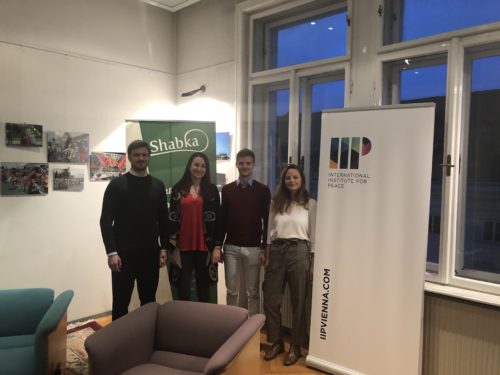
Salon Shabka | European Security and Defence: A story of progressing integration and the Space Race 2.0
On 9th October 2020 we had the chance to talk with Sofia-Maria Satanakis and Christoph Schwarz from the Austrian Institute for European and Security Policy (AIES) about the latest developments in the Common Security and Defence Policy of the EU (CSDP) and linkages to recent actions of states in space. In the last years the space has become an essential key policy area including security, economic development, mobility and environmental issues. This also means that we can see an increasing
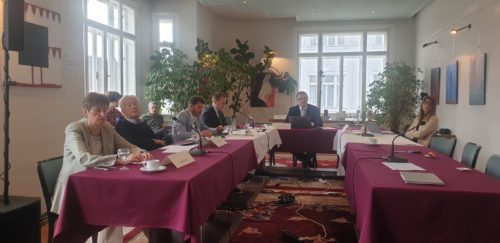
Shabka at the 2020 Vienna Peace and Security Talks
On the 29th of September Shabka was invited to participate at the 2020 Vienna Peace and Security Talks. The conference was organized by the Karl Renner Institute in cooperation with the FES Regional Office for Cooperation and Peace in Europe, the International Institute for Peace and the Research Centre for Eurasian Studies at the University of Vienna. During the talks, the subject of different aspects of EU’s role in Eastern and South-Eastern Europe were discussed in a webinar titled “EU’s

Why does instability in Tunisia pose a possible threat to Europe?
The stability of Tunisia is threatened because of the escalation of tensions of neighbouring countries, which are Libya, Mali and Nigeria. Moreover, the country is facing a severe political and economic crisis, with social tensions, and they intensified with the pandemic.

Is Lebanon’s government holding accountability or striping off responsibility?
In August, the Lebanese government stepped down amid growing public anger following a massive explosion that struck the main port of Beirut. Many MPs and lawmakers openly blamed the corrupt “system” for what had happened. But who is this “system”?

